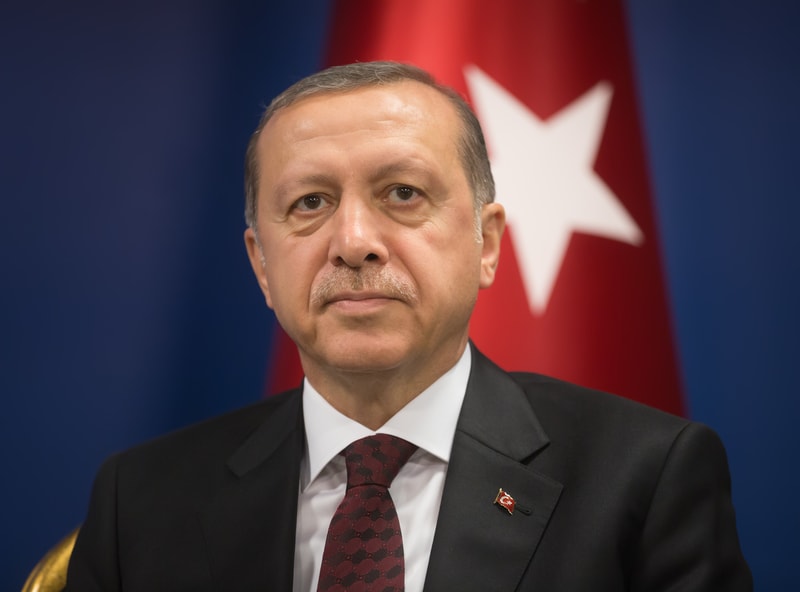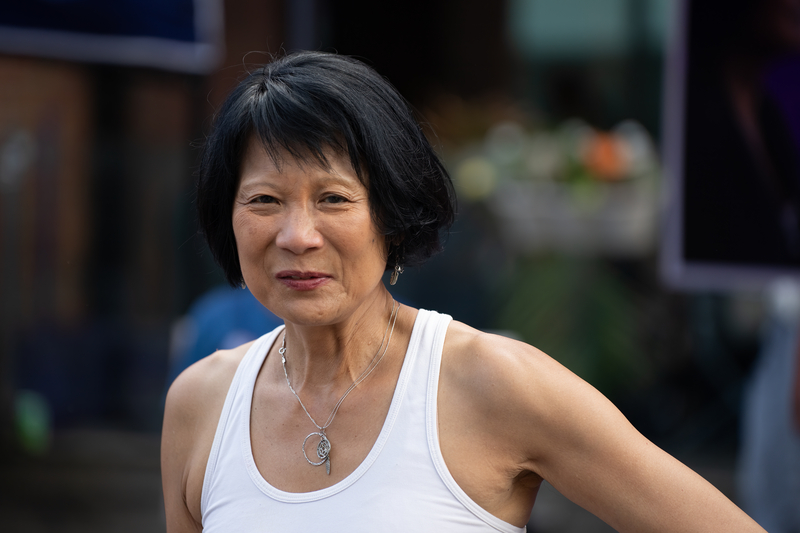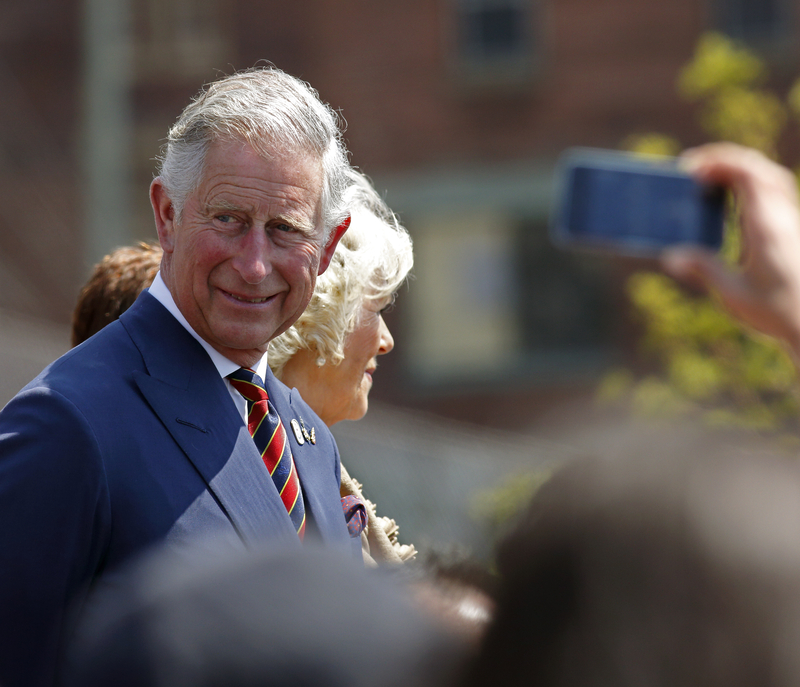Starting late last Friday evening, a military coup (say koo) was attempted in Turkey against the government of President Recep Tayyip Erdogan. By early Saturday, the coup had failed. The army's actions were centred primarily in the capital of Ankara and its largest city, Istanbul. A coup is when a government is overthrown, or replaced, by force. In this case, the group was a large part of Turkey's army (though not all of its army — a part of the reason that it failed to completely take power).
Military forces block the Bosphorus Bridge in Istanbul during their attempted coup on July 15th. (Getty Embed)
Turkey has had a number of coups in the past fifty years (including in 1960, 1971, 1980, and 1997), but this was the first one tried in nearly two decades. During those past twenty years, Turkey's government had generally become more stable and more democratic. However, in past few years or so, President Erdogan, has been showing signs of becoming the opposite: more autocratic (this means a single person or group who uses absolute power).
Let's be clear. The recent events in Turkey are very complicated. After the terrorist attacks at Ataturk Airport at the end of June, we wrote about Turkey's unique global position as a part of both Europe and Asia. To understand this recent failed coup, it helps to understand why coups happen at all.
The coup: when voting isn't an option
If you live in a democracy (as is the case in Canada and the United States), the general rule of thumb is that you vote in your leaders during an election. Even if you don't like who was elected (as at least some people always will), that's OK. Why? Because you'll get another chance to vote in a different ruler reasonably soon. Usually, it's in about three to five years time. Therefore, a president or prime minister in a democracy needs to appeal to the public in order to hold power.
In a dictatorship or autocratic society, this is not the case. Rulers stay in power because they have the power to keep things that way. They control the army, the banks, the laws, the jails. And if you don't like it, there's no election waiting around the corner to bring about a change. In this case, pretty much the only way to remove that leader (and his or her regime, or set of laws) is with a coup. Often, a coup is carried out by a country's army. They're pretty much the only group strong enough to make it work. These types of coups are called military coups.
But Turkey has elections, so...
People gather in Ankara and wave Turkish flags as they protest the failed coup. (Getty Embed)
This is correct. In fact, Erdogan was only just elected as President back in 2014, where he won a huge portion of the vote. Before that, he was Prime Minister of Turkey from 2003 to 2014 (Yes, Turkey has both a president and a prime minister. Traditionally, the prime minister does most of the daily work of leadership with their parliament, while the president is more of a ceremonial ruler). So Erdogan is a popular man in the country. After this weekend's coup began, great numbers of people took to the streets to show their support for him.
So why would anyone feel the need to overthrow him? And even if they didn't agree with Erdogan, why not just wait until the next election?
Holding on to power
The main reason for the coup is that many are worried that Erdogan is becoming a dictator. When he was first elected as prime minister, Erdogan was popular for policies that made Turkey a freer society. He started something called the Unity and Fraternity Project that aimed to improve human rights, freedoms, and democratic standards. He was hailed as the leader to make Turkey a more modern, progressive country. (Progressive politics are about change and being more inclusive to minority groups.)
A protest on June 24th against Erdogan's jailing of journalists. (Getty Embed)
However, since around 2012, Erdogan's government has become more and more conservative (meaning keeping things the same). He has jailed judges and journalists, and restricted public gatherings in support of minority groups. He has used his power to push people who oppose him out of government. He has also become a stronger Islamist — this is someone who believes that the religion of Islam should be a part of government and law. So while he is very popular among conservative Muslims (who are a large part of Turkey), he is quickly losing support elsewhere.
What those who oppose Erdogan fear the most is that he is moving Turkey toward becoming a country where only an Islamist view matters. One where he as president has more and more power. Whereas those who support him believe that he is the kind of strong leader that Turkey needs at a time when threats like terrorism and the nearby wars in Syria and Iraq are common.
The aftermath will tell us a lot
President Erdogan mourns those who died in the coup. His next few decisions will say a lot about Turkey's future path. (Getty Embed)
Now that the coup has been stopped, Erdogan has arrested thousands of people he holds responsible. Those arrested include soldiers, officers, and even generals in Turkey's army. He has also fired 2,700 judges. What he will do next will tell us a lot. People such as US secretary of state John Kerry and the French foreign minister Jean-Marc Ayrault are urging Erdogan to respect the law as he decides his next move. Will Erdogan view the coup as a reminder that not everyone in Turkey likes what he is doing and that he needs to be more respectful of his opponents? Or will he see it as a sign that he needs to hold on to power even more tightly?
 Turkish president Recep Tayyip Erdogan has survived a coup to replace his government. (© Palinchak | Dreamstime.com)
Turkish president Recep Tayyip Erdogan has survived a coup to replace his government. (© Palinchak | Dreamstime.com)










I really liked this documentery. ❗
Wow!!!! 😯 😮
That is just wrong !
😮 😮 😡 😮